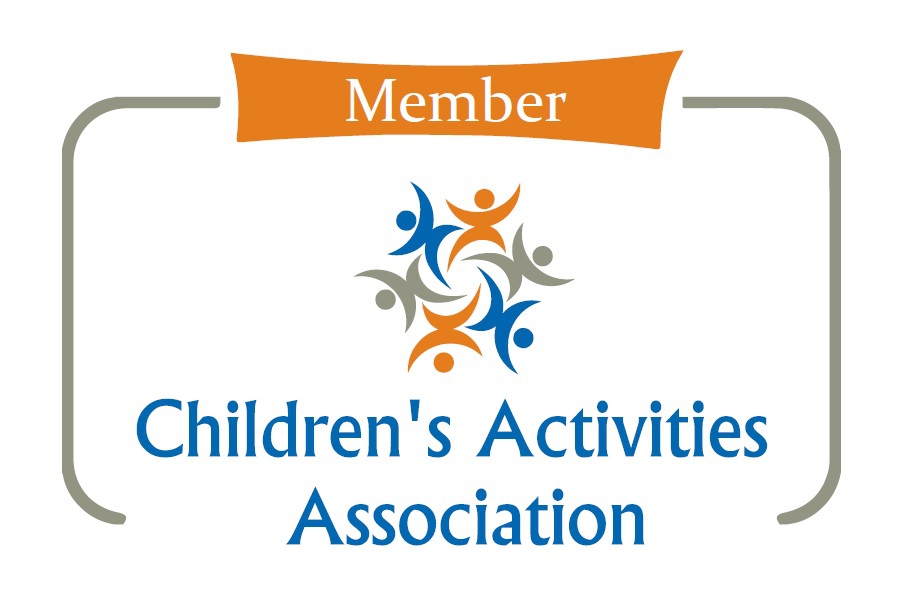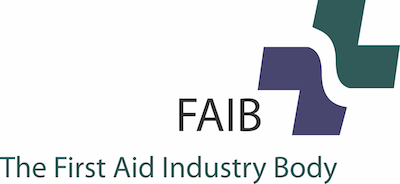Croup is a common condition at this time of year, and with its distinctive cough, can be very frightening for parents. The first time my daughter had croup when she was 2, I remember being woken to a bizarre noise which it took me a few moments to place. It literally sounded like a sea lion was in our house, which at 2am in the morning is not a pleasant experience! When we got to our daughter she was terrified at the horrible sound each time she coughed, and her panic meant she was struggling to breathe. Although she was fine once we had calmed her breathing, I remember telling all the mums and dads I knew so they were forewarned. This week's blog will talk you through what croup is, the symptoms and treatment, in order to take the fear factor out of this common childhood illness.
So what is croup and who does it affect?
Croup is a common childhood condition, usually caused by a virus which affects the windpipe, lungs and voice box. It most commonly affects young children aged between 6 months and 3 years. However, it can develop in babies as young as 3 months, and in older children. Interestingly, croup affects more boys than it does girls.
What are the main symptoms of croup?
· Cold-like symptoms such as a temperature and runny nose
· A harsh, barking cough that sounds like a seal or sea lion (you can search online to hear examples)
· A hoarse voice
· Difficulty breathing
· A rasping sound when breathing in (known as stridor)
Treatment for croup
Most cases of croup are mild and can be treated at home. However, even a mild case of croup is distressing for both parent and child because it makes it difficult to breathe. Combined with the noisy cough, this can cause panic, especially as the symptoms are often worst at night. To help your child:
· Sit them upright and comfort them. Crying can make the symptoms worse so stay as calm as you can and provide reassurance
· Encourage your child to drink plenty of fluids to prevent dehydration
· Call NHS 111 or visit your GP if you think your child might have croup – it is usually a mild illness but sometimes might need treatment and there are medicines available that can shorten the symptoms
. You can give your child paracetamol or ibuprofen (check age guidance) to help ease the cold like symptoms associated with croup
· It is not advised to give cough or cold medicines, or to use steam to treat croup
Croup should clear up within 48 hours, however, it can last for up to 2 weeks.

How do I know if it is more serious?
In rare cases, children may need to be hospitalised with croup. Call 999 or take your child to A&E if:
· They are struggling to breathe – you may see their tummy sucking inwards or a change in breathing sound
· Their skin or lips look very pale or blue - black and brown skin may appear ashy, and check eyelids / inside of mouth for blueness
· They’re unusually quiet / still
· They are limp, floppy or not responding like they normally do
. They are drooling more than is normal for them or finding it hard to swallow
Preventing croup
Croup is spread in the same way as the common cold, so can be difficult to prevent, especially in toddlers! Good hygiene is the main defence, so lots of hand washing and cleaning of surfaces are the best prevention.
Please remember that for the vast majority of children, croup, whilst sounding very frightening, is a mild childhood condition. We hope that now you’ve read this, you can stay calm and provide reassurance should you hear that seal-like cough in the middle of the night.
Charlotte and the Mini First Aid Team x
Credits: NHS UK, NHS Inform
Every home NEEDS our Family First Aid Kit!
Our Family First Aid kit contains 115 essential first aid items which no busy family home should be without! As well as the home, we recommend keeping one in your car, so you are prepared for all eventualities.
Our Mother and Baby award winning kit includes:
- Digital thermometer for quickly and accurately checking temperatures
- Wound pads
- Bandages
- Paramedic recommended shears - to cut through thick clothing and seatbelts
- Foil blankets for winter driving
- Wound cleansing wipes
- Instant ice pack for soothing relief on the go
- Assorted plasters
- Burn gel
- Bravery stickers for wounded soldiers!








